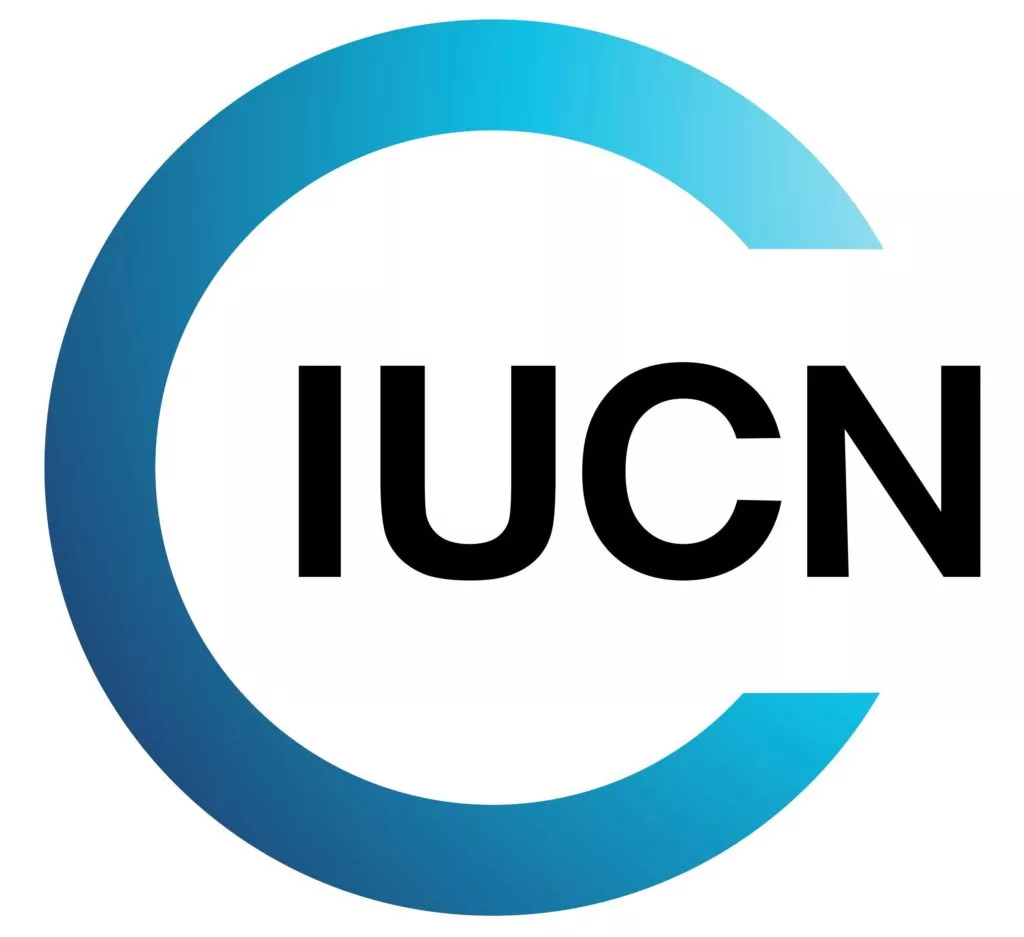L’Union internationale pour la conservation de la nature recrute un Administrateur de programme, Zimbabwe
BACKGROUND:
JOB DESCRIPTION
- More specifically, the roles and responsibilities of the Programme Administrator are as follows:
- Procurement;
- Arrange for procurement of equipment, supplies and services for offices and project sites and ensures that contractual processes follow the stipulated IUCN Internal Control System procedures.
- Assist with Programme procurement and ensures that contractual processes follow the stipulated IUCN procurement procedures: This includes preparation of consultants’ contracts, obtaining clearance, approval in accordance to Internal Control System (ICS) procedures and tracking of contracts disbursements for consultants/specialists engaged by the Programmes/projects;
- Establish and maintain a proper inventory of project assets register, including numbering, recording, and reporting;
- Programme implementation;
- Support the implementation of project activities and support implementation of activities where needed.
- Monitor expenditure for projects, avoiding both under spending and overspending on budget line items.
- Compile outcomes of meetings and workshops with stakeholders and disseminate communication material.
- Support the mainstreaming of gender equality through all Programme field activities
- Provide logistical support to Programme activities (trainings, meetings, conferences and workshops), making sure that all aspects and details of such events are covered. This includes coordination and/or preparing relevant background documentations for related events.
- Support the Programme team with meeting minutes and follow-up action points from Program Unit meetings, conferences and workshops.
- Assist in the day-to-day implementation of the Programme as needed and requested by the Programme manager.
- Administration support/Financial management;
- Assist the program team on general administrative matters
- Provides logistical support to programme activities (flights, procurement of workshop material, conference booking). This includes coordination and/or preparing relevant background documentations for related events.
- Support the programme team with follow-up action points from Program Unit meetings, conferences and workshops
- Review Programme invoices and financial reports for the aforementioned Programme. Ensure documentation is completed to the highest of standard prior to sending to the Finance department.
- Act as liaison between the Program Unit and the Corporate Services on all financial and administrative matters.
REQUIREMENTS
Bachelor’s Degree related to natural resources management, development studies, gender, environment or project management
A post graduate qualification is an advantage
A minimum of 2 years relevant work experience in a project context, preferably in the non-profit sector
Proficiency in using advanced computer applications
Some experience in capacity building and/or participatory community approaches is desired
Knowledge of gender mainstreaming
Excellent communication and writing skills
Language Requirements:
Fluency in one other local language in Zimbabwe is a must
Transparency: Able to build trust and contribute to informed and responsible decision making by carrying out the work of IUCN in a transparent manner; provides clear guidance to ensure that objectives and desired measurable results are understood by members of the team.
Inclusiveness: Understands and accepts cultural diversity, and provide a tolerant, positive and supportive working environment that fosters respect for diversity, demonstrates ability to work in a multicultural, multi ethnic environment and to maintain effective working relations with people of different nationalities and cultural backgrounds.
Professionalism: Promote the organization’s interests, objectives and values in a diligent and professional manner.
Accountability: Takes responsibility of individual and collective actions.
Must be highly organized, detail-oriented, and self-motivated with the ability to multi-task and prioritize needs
Possess energy, drive, enthusiasm, commitment and passion for high quality work.
Proven interpersonal skills and be to establish and maintain effective working relations with people in a multi-cultural, multi-ethnic environment with sensitivity and respect for diversity
Must be dependable, a good team player and able to work independently as well as have the ability to learn quickly and expand scope of functions;
Capacity to work under pressure, meet tight deadlines and produce high quality documents at short notice.
Excellent writing and communication skills
Willingness to travel.
APPLICATIONS
Other job opportunities are published in the IUCN website: http://www.iucn.org/involved/jobs/
About IUCN
IUCN is a membership Union uniquely composed of both government and civil society organisations. It provides public, private and non-governmental organisations with the knowledge and tools that enable human progress, economic development and nature conservation to take place together.
Created in 1948, IUCN is now the world’s largest and most diverse environmental network, harnessing the knowledge, resources and reach of more than 1,300 Member organisations and some 10,000 experts. It is a leading provider of conservation data, assessments and analysis. Its broad membership enables IUCN to fill the role of incubator and trusted repository of best practices, tools and international standards.
IUCN provides a neutral space in which diverse stakeholders including governments, NGOs, scientists, businesses, local communities, indigenous peoples organisations and others can work together to forge and implement solutions to environmental challenges and achieve sustainable development.
Working with many partners and supporters, IUCN implements a large and diverse portfolio of conservation projects worldwide. Combining the latest science with the traditional knowledge of local communities, these projects work to reverse habitat loss, restore ecosystems and improve people’s well-being.
